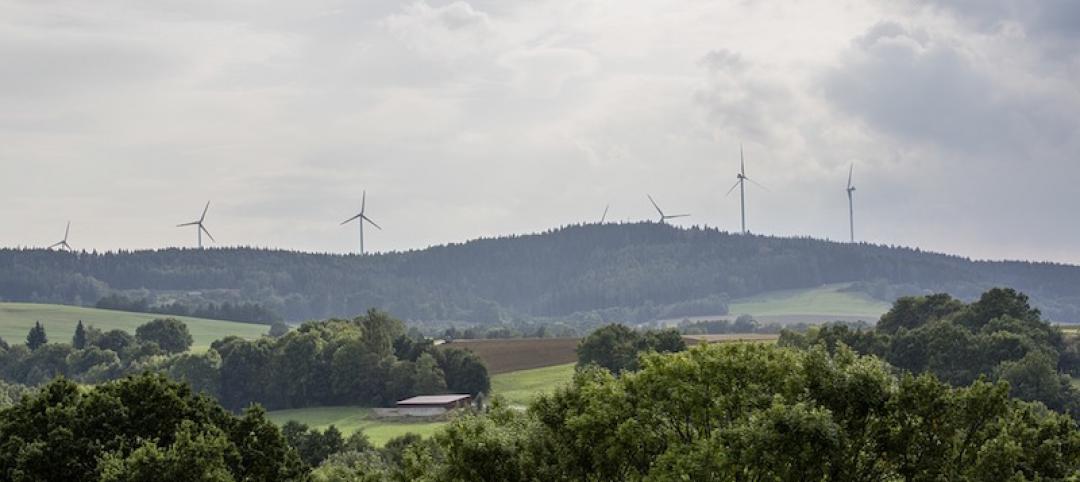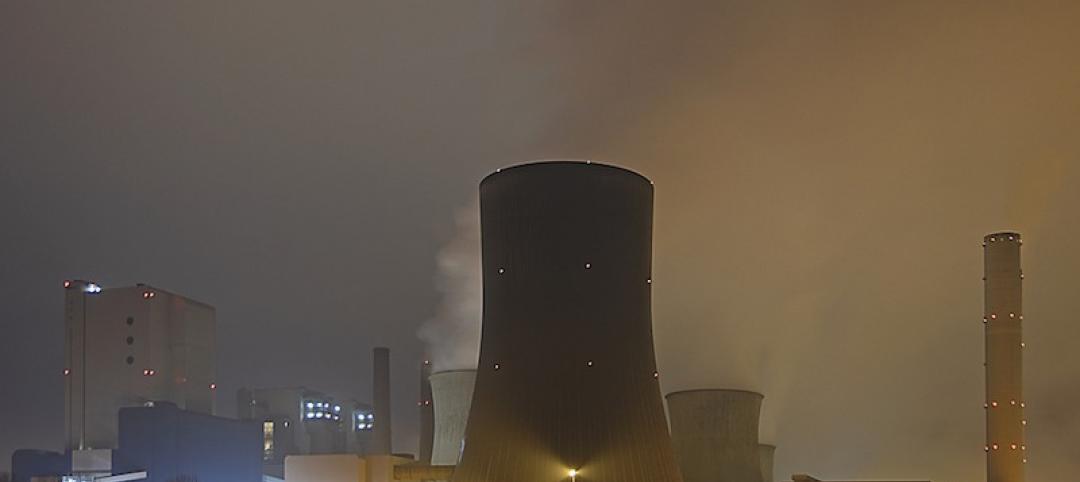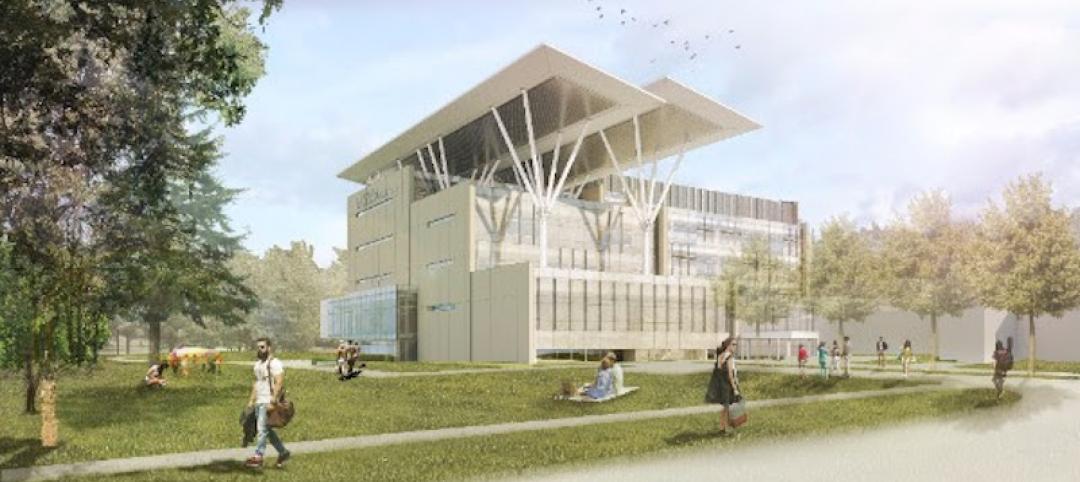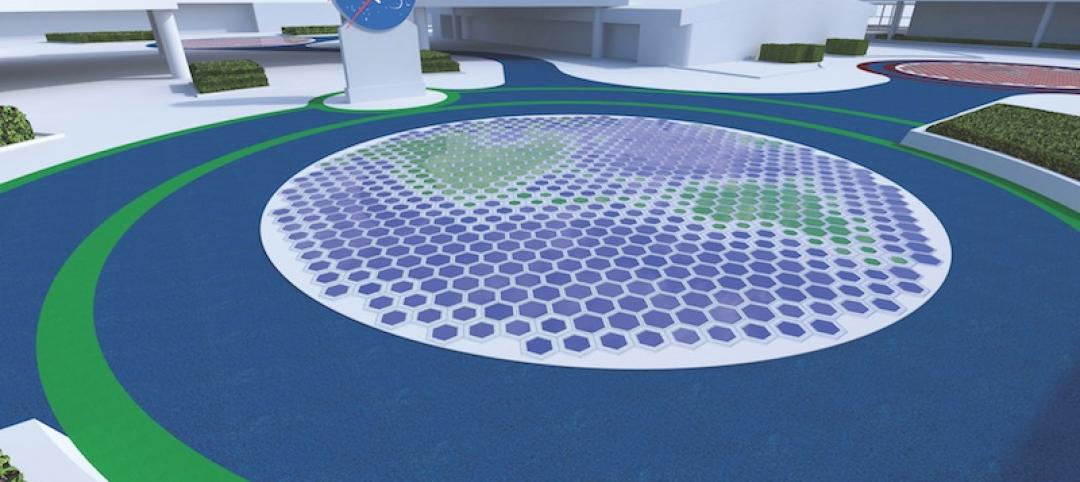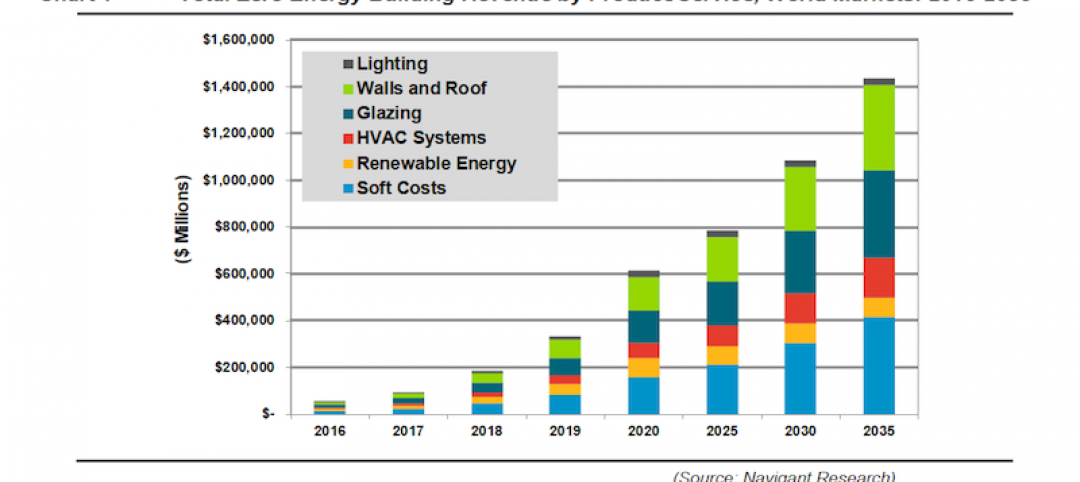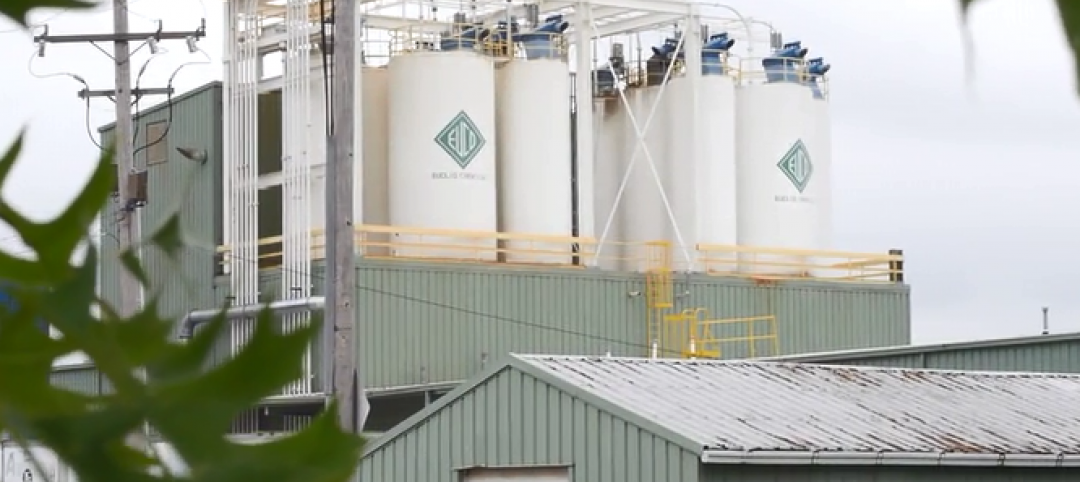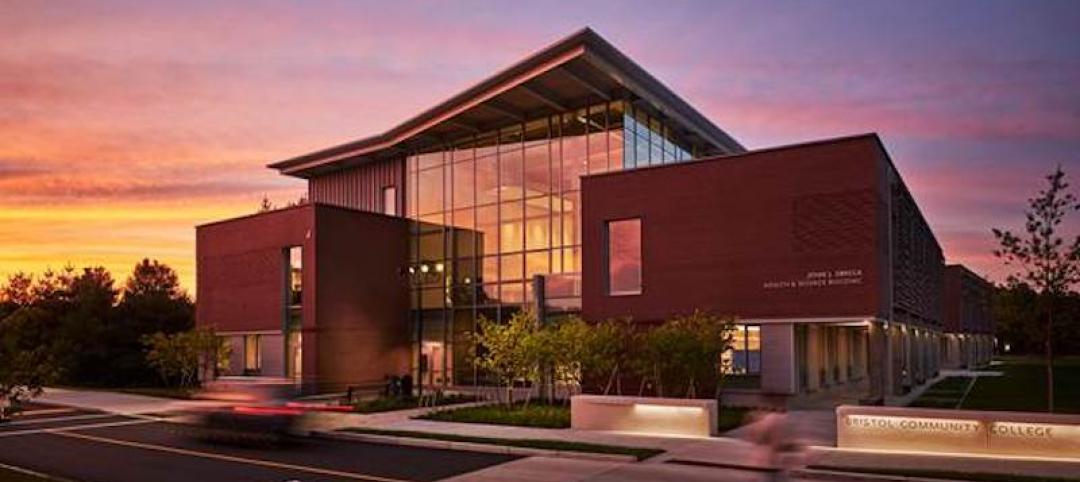Renewable energy is among the top emerging technologies being considered by data center owners to help address power and cooling costs, according to a Mortenson survey of corporate data center executives, data center developers and operators, and information technology providers at the 2014 Data Center World conference.
More than eight in 10 survey respondents (84%) feel that there is a need to consider renewable forms of energy, such as wind and solar, to manage future needs.
Energy is by far the biggest cost for data centers, making power and cooling considerations the most important drivers in determining location, design, and construction of facilities. In fact, the top item data center operators say they would most like to change about their facilities is greater energy efficiency. Nearly half of survey participants also believe a better power usage effectiveness (PUE) rating is achievable through improved technologies.
“Worldwide data usage continues to grow, which requires more infrastructure and power to support it, so it’s vital that we leverage innovation to help balance energy demand and supply,” said Scott Ganske, Director of Operations for Mortenson's Mission Critical Group. “There are a number of promising technologies that will drive energy efficiency forward in the next few years; and renewable energy increasingly makes economic as well as environmental sense for the energy supply chain. With costs dropping and operating efficiency rising, we believe renewables are rightly attracting interest from data center operators.”
The cost of producing wind has decreased 58% and solar power by 40% in the past five years, and costs continue to fall, making renewables more cost-competitive with traditional fuel sources in many markets.
At the same time, availability is steadily improving. Wind farms, for example, generate power 50% of the time now, up from 35% in 2007. Several leading technology firms in the U.S. are already investing in power purchase agreements (PPA) with wind energy producers to lock-in energy costs over the long term. Mortenson has built several of the wind farms, located in Illinois, Iowa, and Texas, that are a part of those PPA deals.
The Mortenson survey also covers such issues as:
• Current and future use of data center information management (DCIM)
• Leasing vs. owning facilities
• Growth expectations
• LEED trends
Read the full survey here.
Related Stories
Codes and Standards | Oct 23, 2017
Energy efficiency investments on the rise; will increase next year
Survey of facility management executives shows onsite renewables, energy storage will spike in 2018.
Energy Efficiency | Sep 15, 2017
To reach ambitious energy targets, firms must dig deeper
The number of firms involved in AIA’s voluntary pact to slash energy consumption in buildings grew to more than 400 in July.
Green | Jul 18, 2017
Garden of the Four Seasons lets you experience all four seasons at once
Carlo Ratti Associati designed the garden with an innovative net-zero energy climate control system.
Sustainability | Jun 28, 2017
Mohawk College will have one of the region’s first net-zero energy institutional buildings
The project’s net-zero goals led to the development of a new curtain wall system.
Game Changers | Jan 18, 2017
Turning friction into power
Research on piezoelectricity moves closer to practical applications for infrastructure and buildings.
Energy Efficiency | Jan 5, 2017
Exponential growth in net zero energy buildings predicted for the next two decades
Technology and regulations will be the drivers, says Navigant Research.
Sponsored | Energy Efficiency | Dec 20, 2016
Upgrade brings comfort and efficiency to Euclid Chemical
Euclid Chemical upgrades to a dependable and efficient system that will meet their needs for years to come.
Energy Efficiency | Dec 13, 2016
A Massachusetts college now features the largest zero-net-energy academic building in Northeast
Bristol Community College wants to be carbon neutral by 2050.



